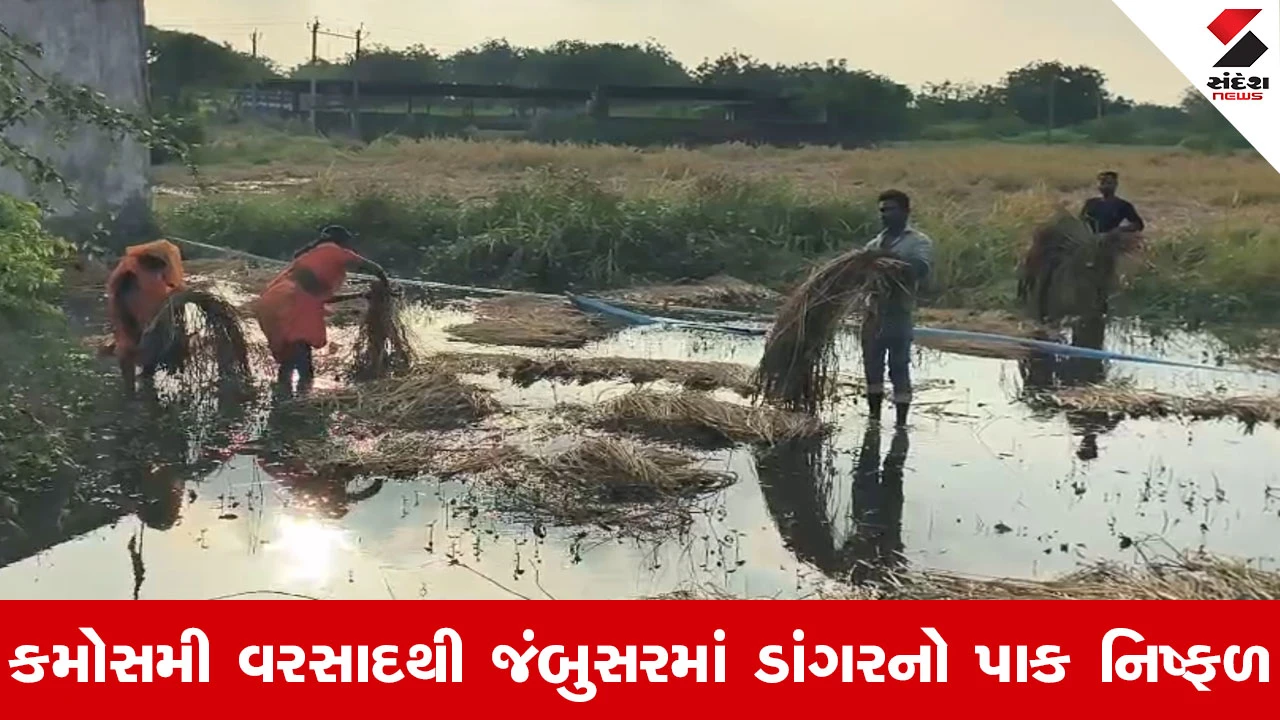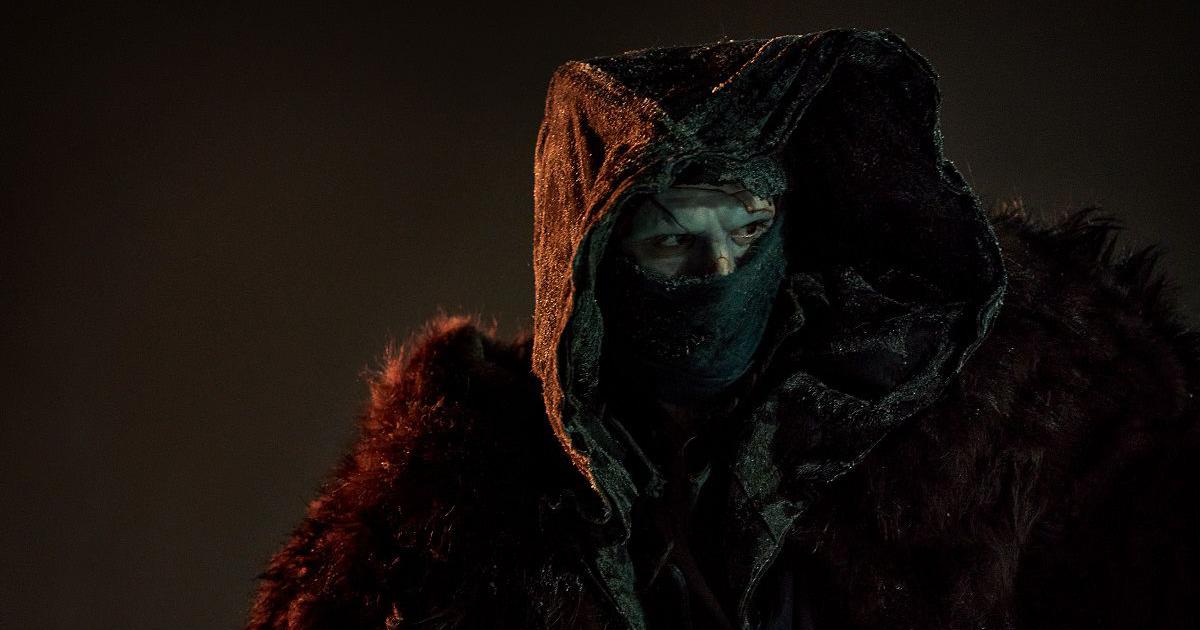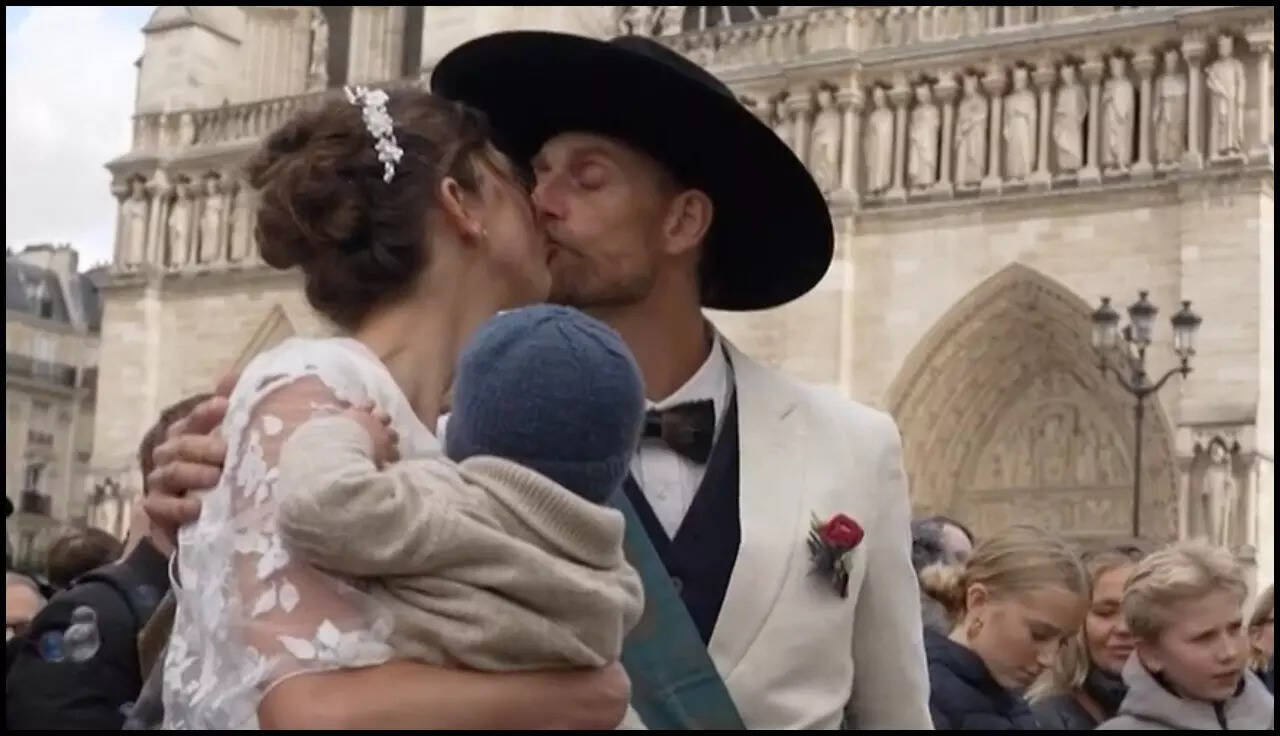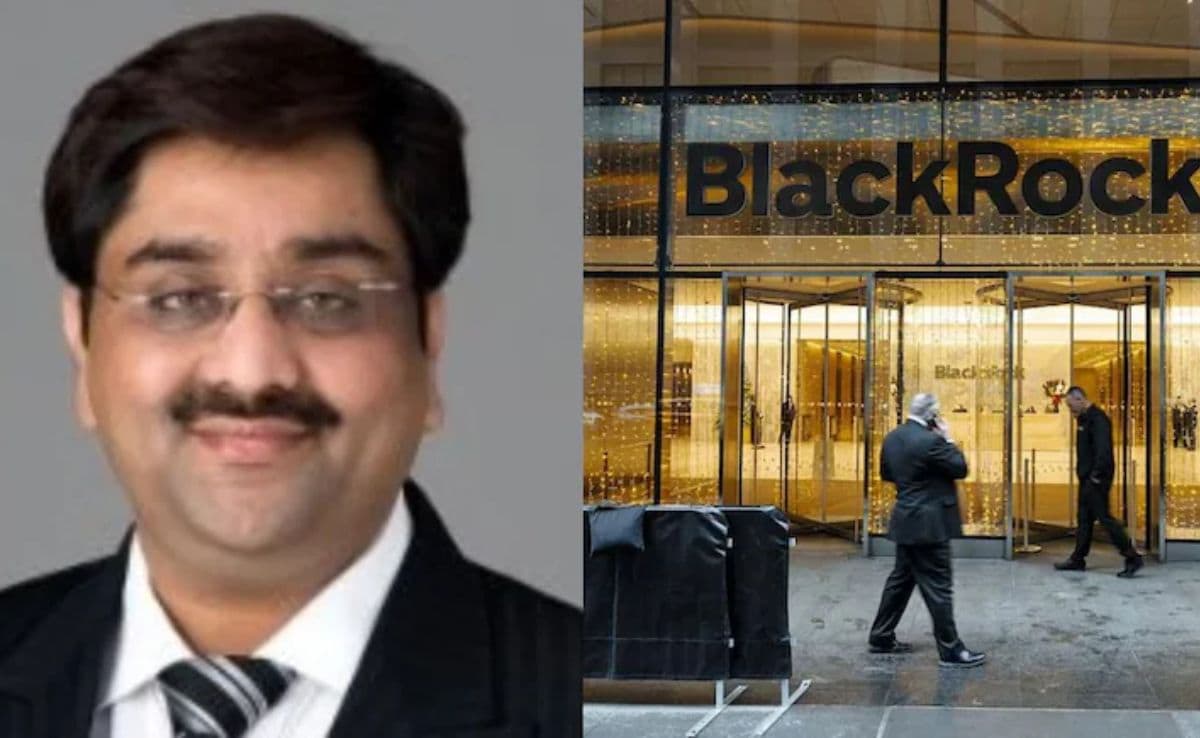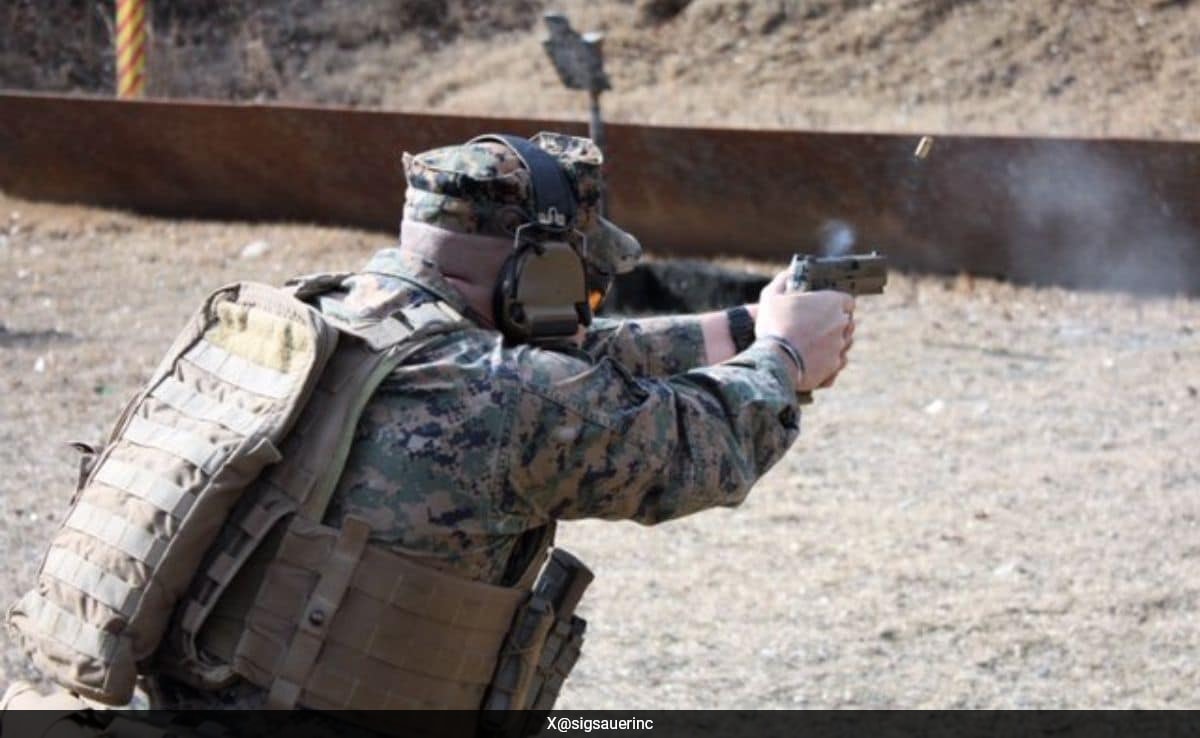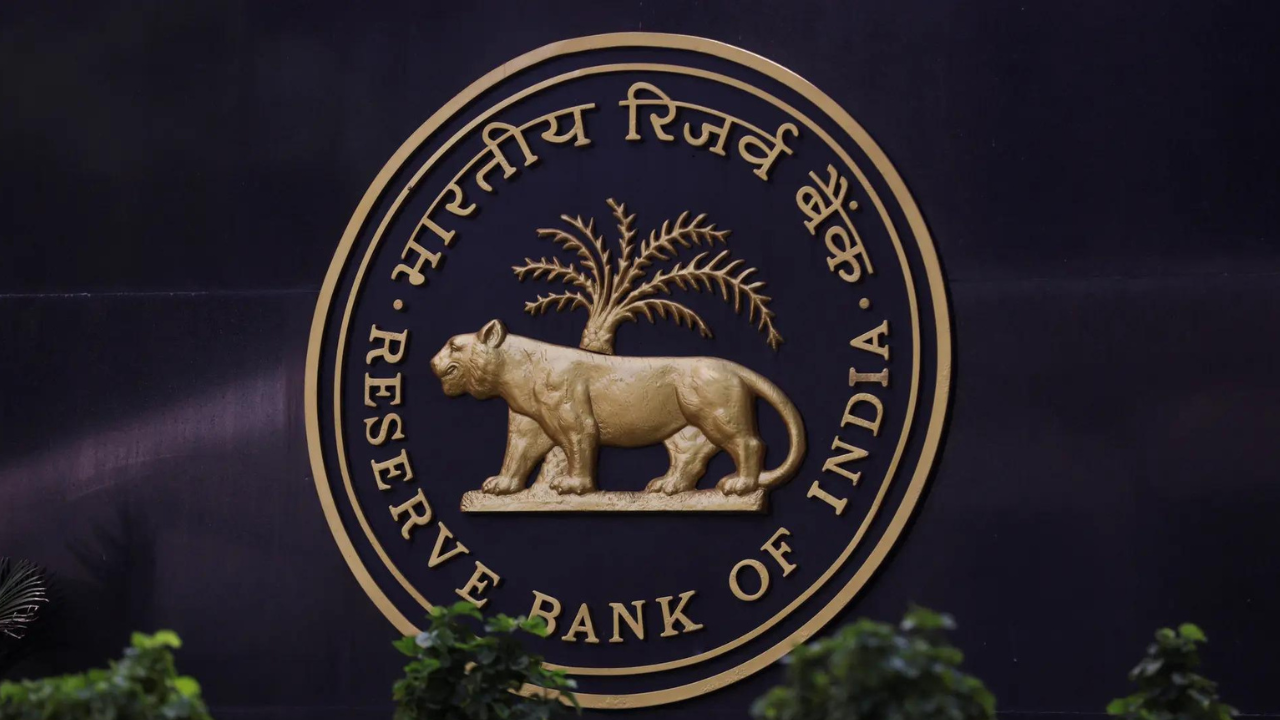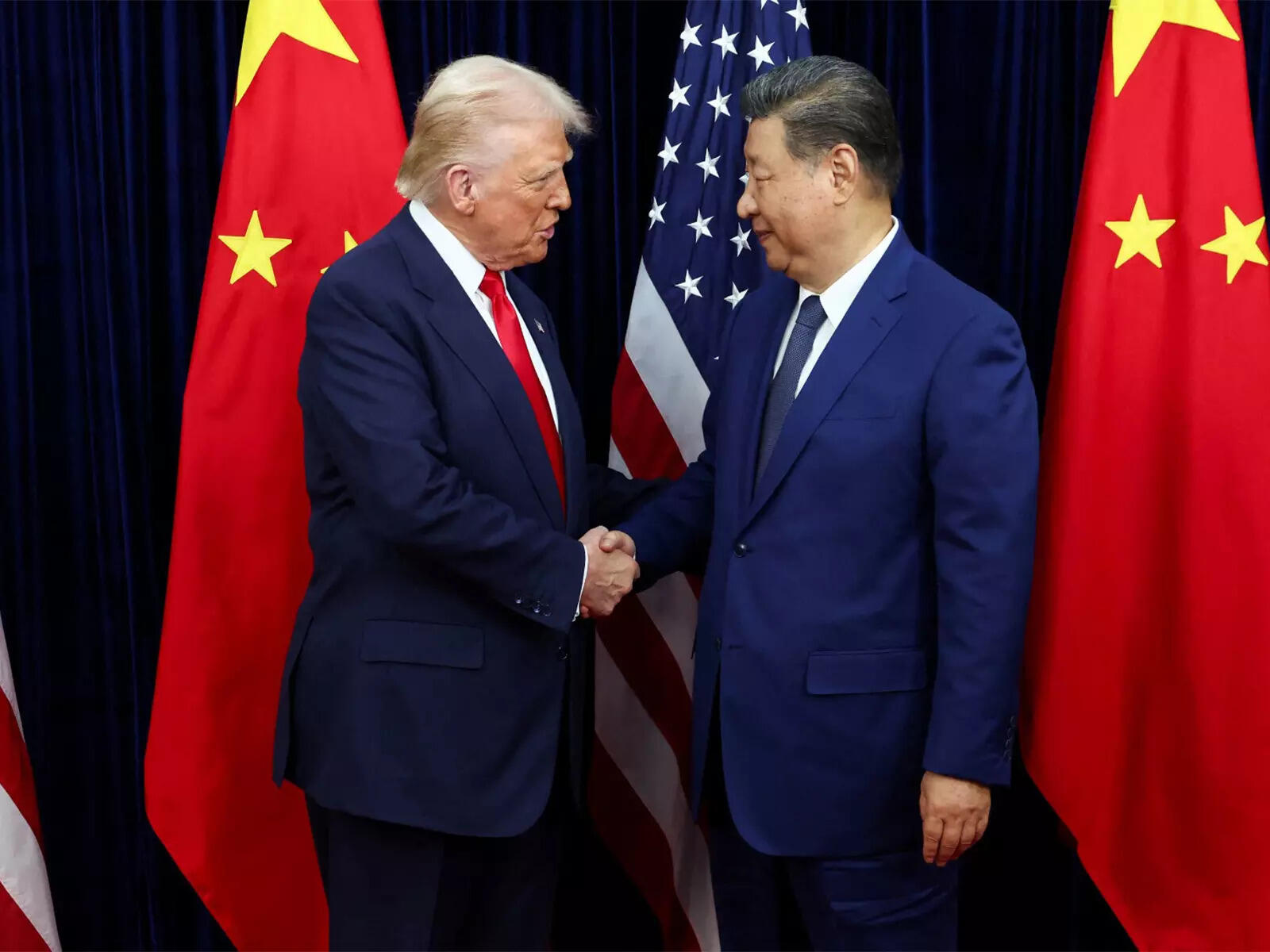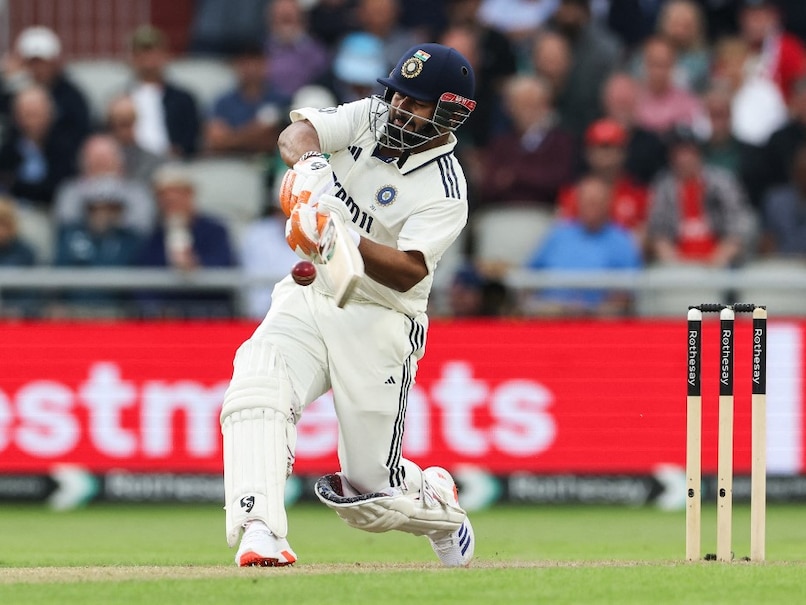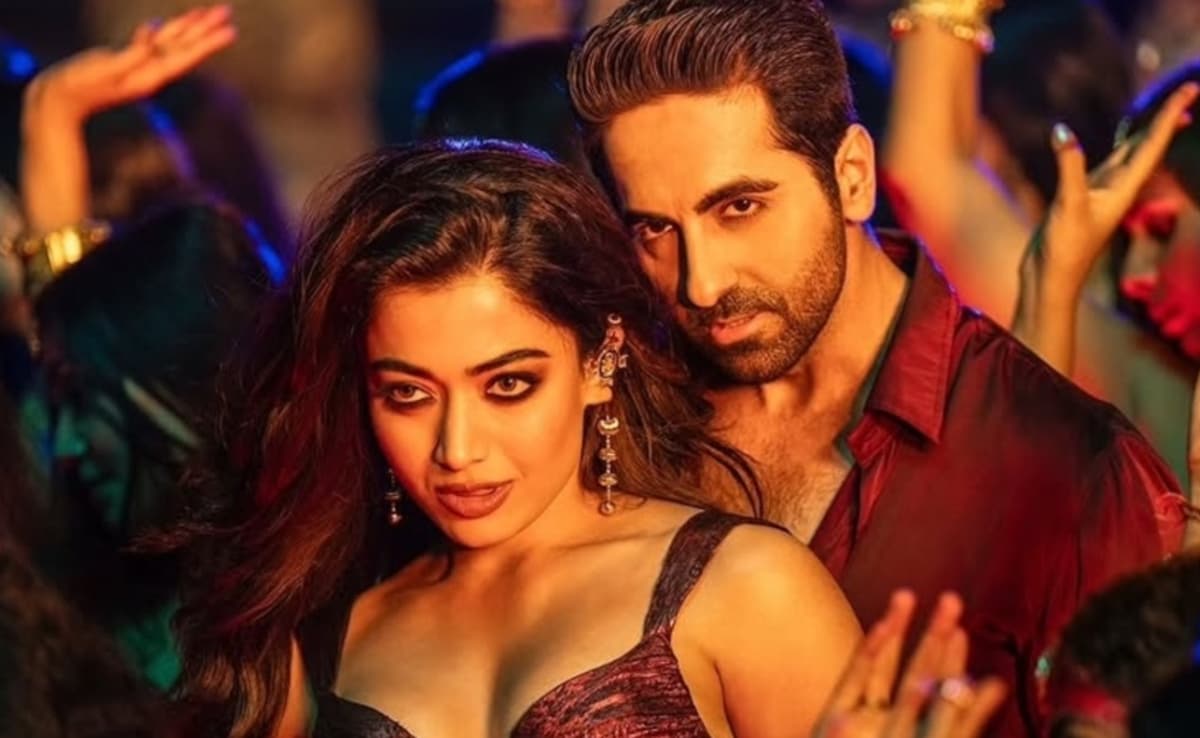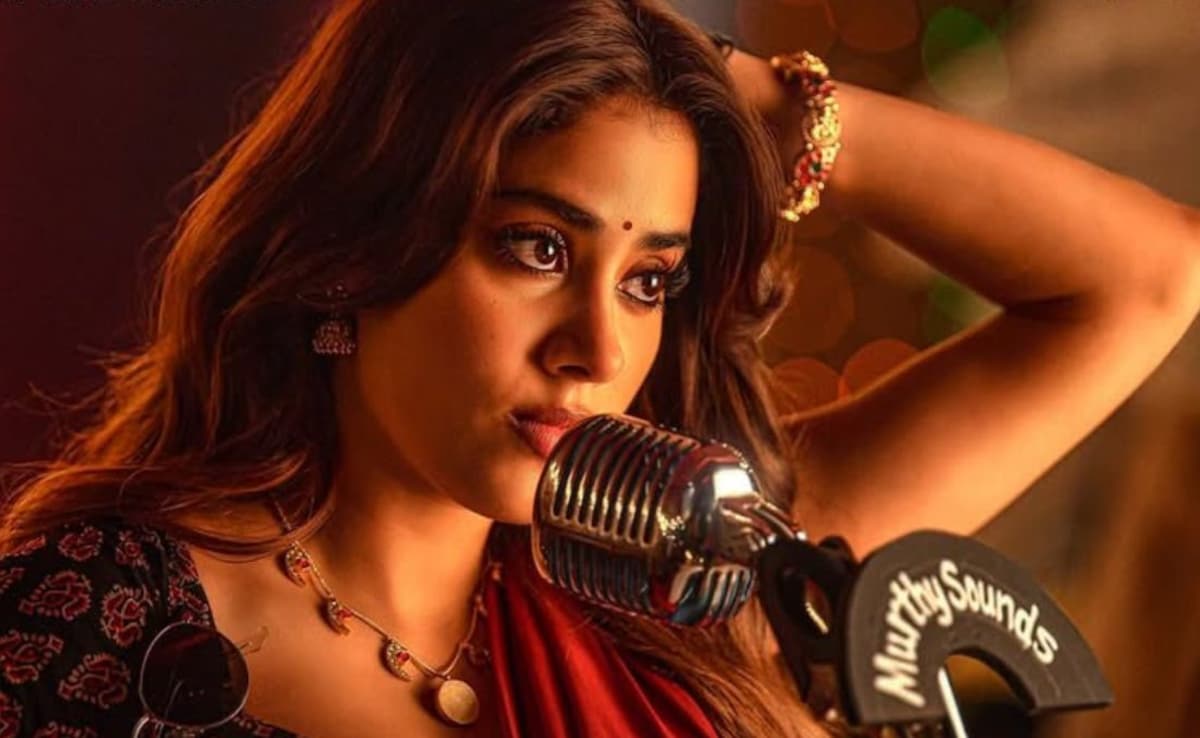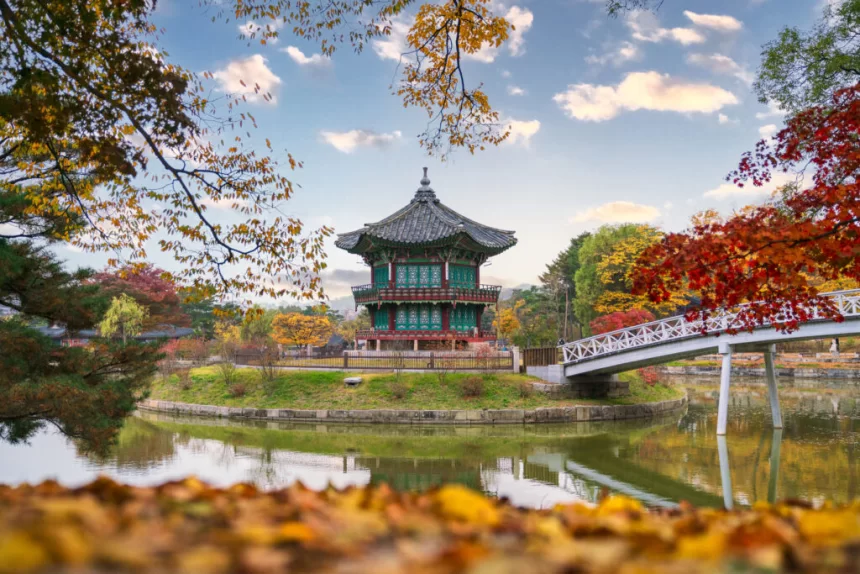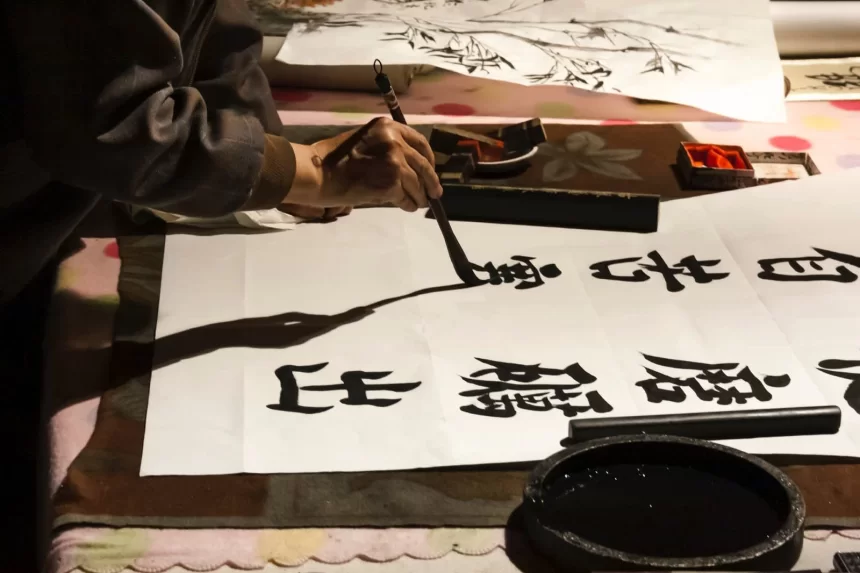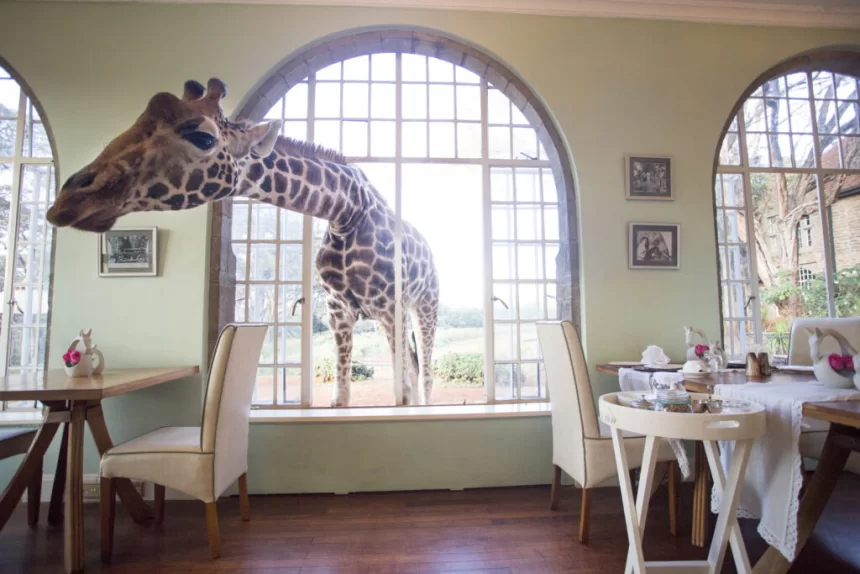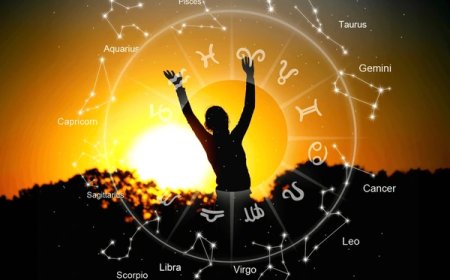Vimukti Divas: 73 years on, India’s ‘denotified’ communities still await true liberation

Join our WhatsApp Community to receive travel deals, free stays, and special offers!
- Join Now -
Join our WhatsApp Community to receive travel deals, free stays, and special offers!
- Join Now -

In his best-selling novel about the cult of Thuggee in 1839, British administrator Philip Meadows Taylor had as his protagonist a man who claimed to have murdered 719 people. Taylor shuddered at the thought that such “born criminals” lived undetected among ordinary Indians.
That single narrative of horror, repeated in novels, official reports and police manuals, would go on to justify laws that branded more than 200 Indian communities as “hereditary criminals”.
On August 31, 1952, the Indian government denotified the last of the so-called criminal tribes, striking the colonial stigma from its statute books. The day is observed by many as Vimukti Divas, or Liberation Day.
But though the groups have been denotified, the stain has never truly faded.
Wrongfully characterised as “Criminal Tribes” by the British Colonial rulers, a large proportion of India’s population celebrate 31st August, the day in 1952 when the Criminal Tribes Act was repealed and “Criminal Tribes” were de-notified, as Liberation Day or Vimukti Diwas.… pic.twitter.com/43ZD3a0LiR— ActionAid Association (@ActionAidIndia) August 29, 2025
‘Born criminals’
Under British rule, communities that had been traditionally itinerant, outside settled agrarian society and revenue control, were cast as suspicious and dangerous. The Criminal Tribes Act of 1871 categorised them as “born criminals”.
Members of these communities were forced to register at police stations and endure constant...
Read more
What's Your Reaction?
 Like
0
Like
0
 Dislike
0
Dislike
0
 Love
0
Love
0
 Funny
0
Funny
0
 Angry
0
Angry
0
 Sad
0
Sad
0
 Wow
0
Wow
0
